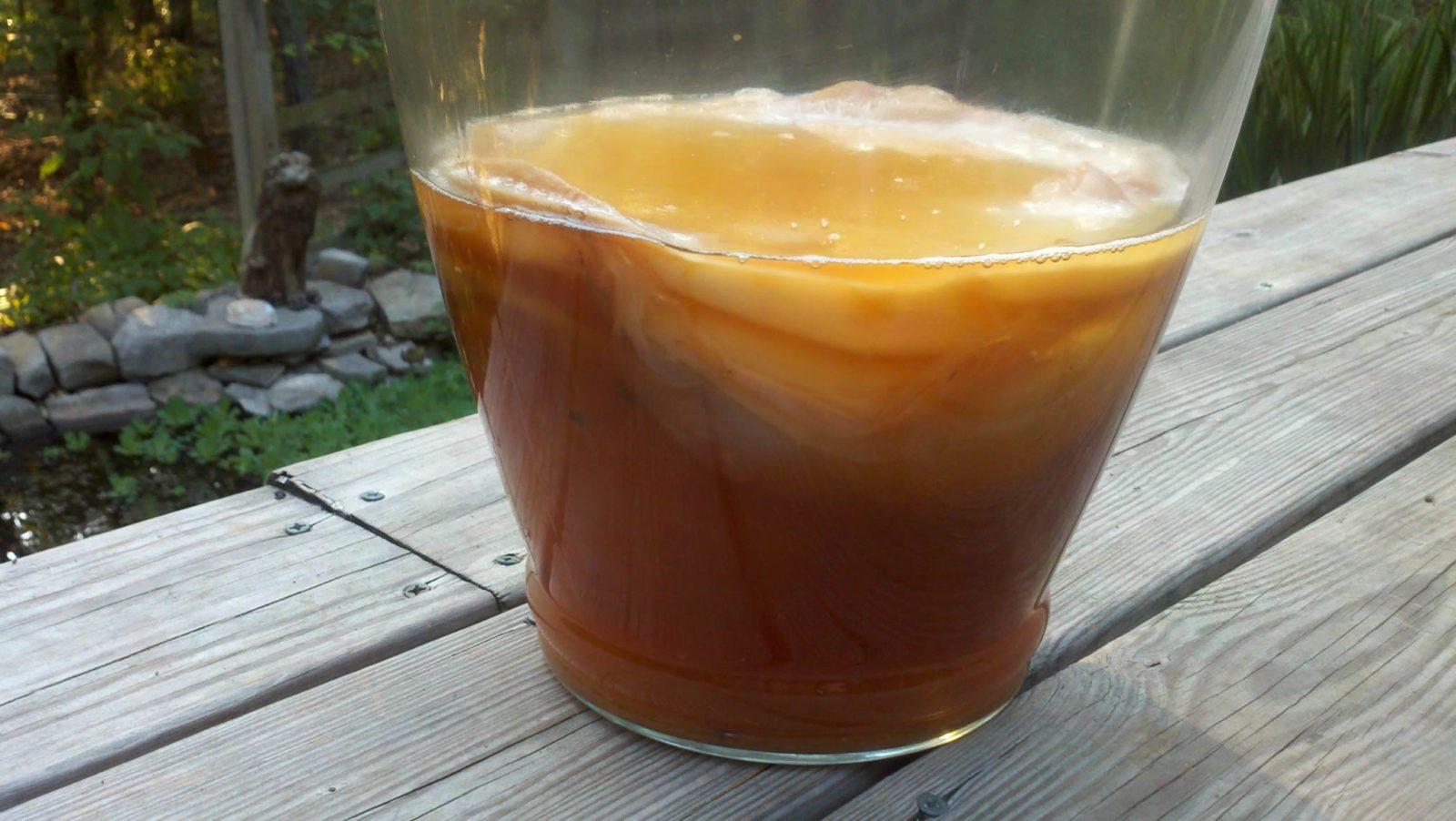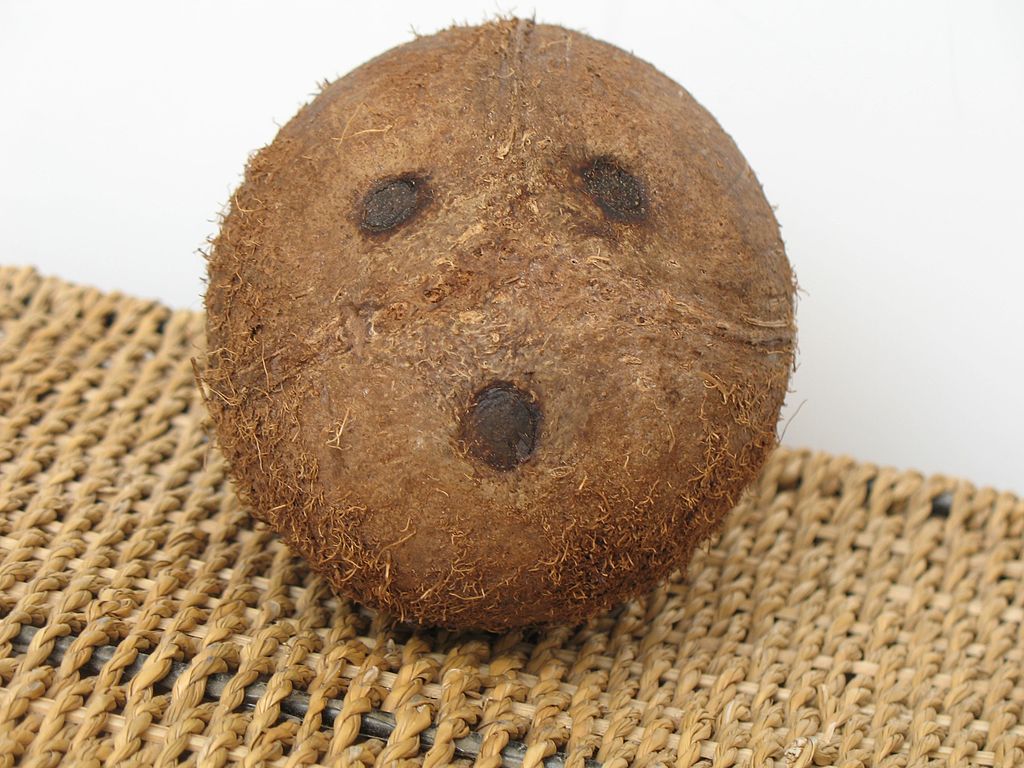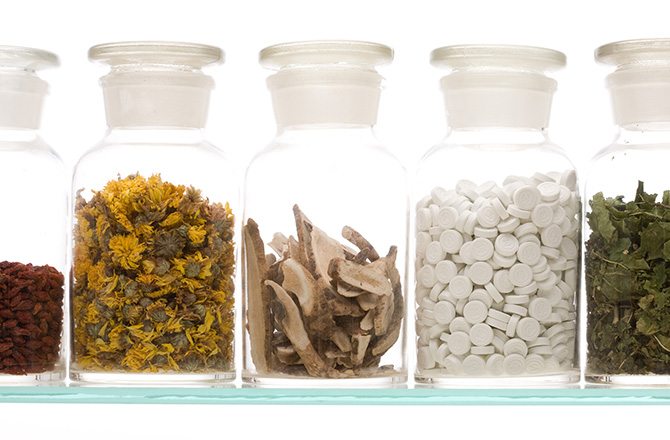Category: Nutrition

Kombucha: A symbiotic mix of yeast, bacteria and the naturalistic fallacy
If you grew up in the seventies, you may remember the same food fads as I do. There was the oat bran buzz that was replaced by the wheat germ movement, the family fondue set and the homemade yogurt maker. And for a while I remember my father making what I called “aquarium water” – a foul-looking jug sitting on the kitchen...

Coconut Oil
Is coconut oil a miracle food, or a health hazard? Likely neither.

The deceptive rebranding of aspects of science-based medicine as “alternative” by naturopaths continues apace
That naturopathy is a veritable cornucopia of quackery mixed with the odd sensible, science-based suggestion here and there is not in doubt, at least not to supporters of science-based medicine (SBM). However, what naturopaths are very good at doing is representing their pseudoscience as somehow being scientific and thus on par with conventional SBM. So how do they accomplish this? Certainly, it’s...
GAPS Diet
A correspondent asked me to look into the GAPS diet. I did. I was sorry: it was a painful experience. What a mishmash of half-truths, pseudoscience, imagination, and untested claims! GAPS stands for Gut and Psychology Syndrome. It is the invention of Dr. Natasha Campbell-McBride. According to her, a wide variety of health problems can be traced to a single cause: an imbalance...
It’s a part of my paleo fantasy, it’s a part of my paleo dream
There are many fallacies that undergird alternative medicine, which evolved into “complementary and alternative medicine” (CAM), and for which the preferred term among its advocates is now “integrative medicine,” meant to imply the “best of both worlds.” If I had to pick one fallacy that rules above all among proponents of CAM/IM, it would have to be either the naturalistic fallacy (i.e.,...
Calcium supplements and heart attacks: More data, more questions
Why take a drug, herb or any other supplement? It’s usually because we believe the substance will do something desirable, and that we’re doing more good than harm. To be truly rational we’d carefully evaluate the expected risks and benefits, estimate the overall odds of a good outcome, and then make a decision that would weigh these factors against any costs (if...
Who takes dietary supplements, and why?
If you’re a regular reader of this blog, I’ll bet you’re not a regular consumer of vitamins or supplements. I’m in that group. Aside from sporadic vitamin D in winter, I don’t take any vitamins or supplements routinely, nor do I give any to my children. Your reasons may be close to mine: There is little to no evidence suggesting that dietary deficiencies...

Death as a Foodborne Illness Curable by Veganism
Can you cure death through a vegan diet? Of course not. But some people claim you can.
Should you be “Eating Clean”?
Like many of you I’m interested in the science of good nutrition. In general, I’ve come to be pretty skeptical of the nutritional literature, as so many studies seem to follow the same trajectory that we see with drug studies: Trivial changes in non-relevant outcomes, a failure to consider the results in the context of the accumulated scientific evidence and often, significant...
The Shred Diet: A Minimally Kooky Way To Lose Weight
With New Years’ weight loss resolutions freshly made, let’s take a science-based look at another of the latest diet books being promoted by various public relations agencies. In my last post we explored the claims made by the hysterical Eat To Save Your Life authors in their book featuring a demonic cheeseburger on its cover jacket. Today I will review, Shred: The...

